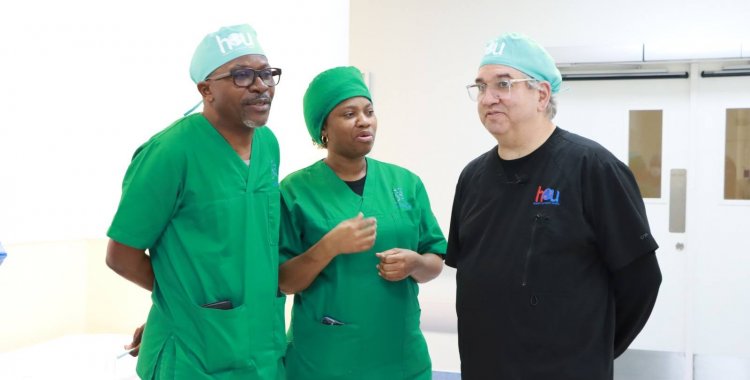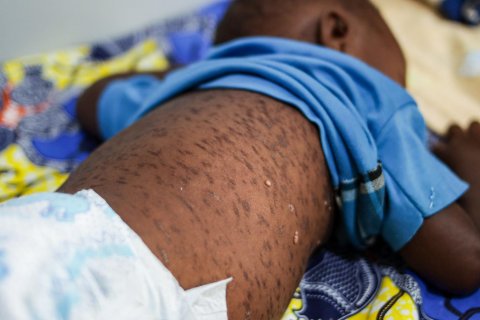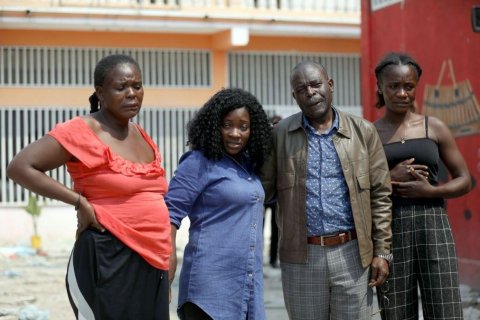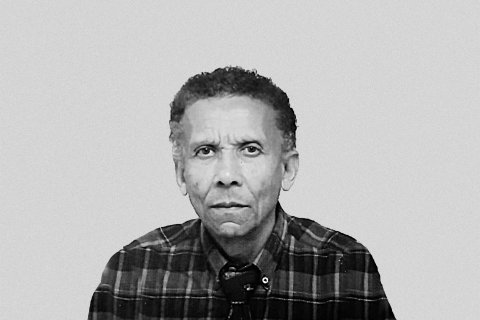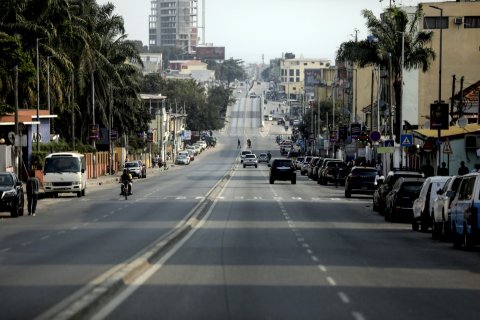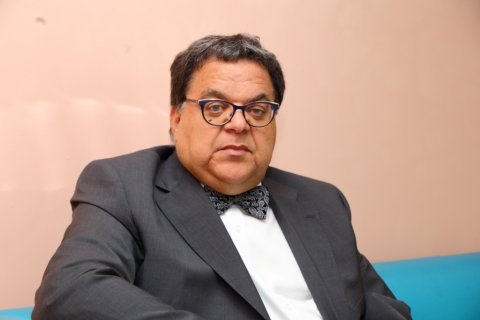For the Ministry of Health, the surgery, performed last Thursday, "represents a significant advance in the modernization of the country's health system".
For the clinical director of the CHDCP, Francisca Quifica, this action marked the beginning of a new stage in the area of general surgery, with plans to intervene in six patients with inguinal hernia and three with lithiasis (gallstones).
"The campaign, which is in its third phase, has already benefited a total of 16 patients, two in the first phase, six in the second and eight in the current phase", said the clinical director, in a statement to which VerAngola had access.
According to Eduardo Parra-Davila, a Venezuelan surgeon based in the United States of America and a member of the Society of Robotic Surgery, the robot-assisted procedure has clear advantages. The less invasive technique provides less pain in the post-operative period and guarantees a faster recovery for the patient.
The specialist said that three surgeries were performed on the first day of the program, the same number on the following day and the same number on Saturday.
The campaign, which ended this weekend, included a team of more than 50 health professionals, both national and foreign, "in a demonstration of international cooperation in the medical field", says the ministry.
Robotic surgery in Angola is a strategic technological investment by the government for the health sector, aiming to benefit patients with urological, gynecological, general surgery, thoracic and cardiac surgeries. "This initiative positions the country at the forefront of robotic medicine in the African region", also states the government.

